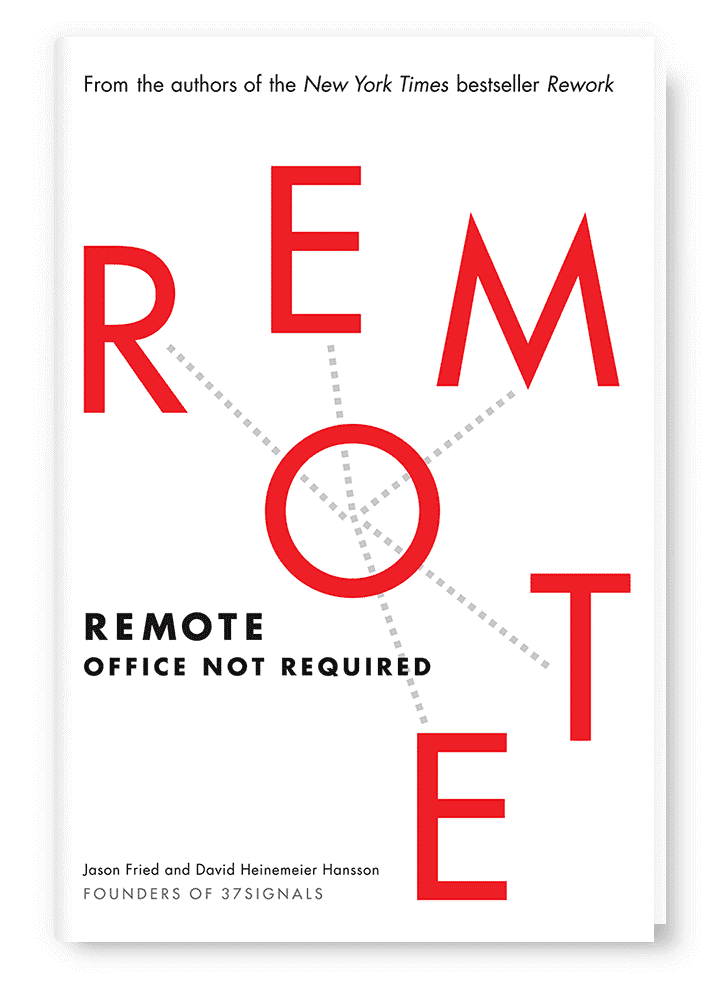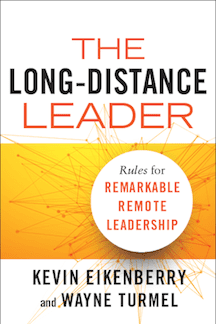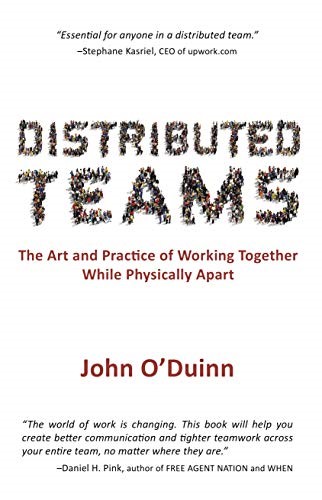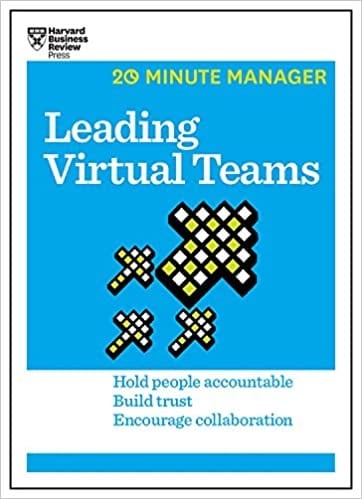If you’re a project manager, you may be facing the challenge of managing a remote project or team for the first time in your career. You’ve likely discovered that your existing project management skills need to be adapted, and that new approaches need to be cultivated to ensure success for everyone involved.
To help you navigate managing remote projects, we’ve put together this list of our top 5 books that every project manager should read about managing remote projects.
Remote: Office Not Required
by Jason Fried and David Heinemeler Hansson 
Authored by the founders of software company 37signals, Remote explores the changing world of the workforce, and how more and more businesses are promoting remote work.
While published in 2013, this book remains a great source of practical guidance for managing remote teams. In the book, Fried and Hansson explore how a remote team can be set up while looking at it from the perspective of both employers and employees. Interestingly, the authors debunk the myth that remote workers will “slack off”, and assert that the bigger challenge is that workers may work too hard. As a project manager, this insight offers practical guidance on how to ensure your team has healthy boundaries. They also look at the biggest “drags” on productivity and how to avoid meetings and managers from standing in the way of meaningful work getting done.
 The Long-Distance Leader: Rules for Remarkable Remote Leadership
The Long-Distance Leader: Rules for Remarkable Remote Leadership
by Kevin Eikenberry and Wayne Turmel
This book is built on the premise that leadership comes first, and locations come second. Authored by the co-founders of the Remote Leadership Institute, Kevin Eikenberry and Wayne Turmel, the book shares how to guide teams using leadership fundamentals.
The Long-Distance Leader details what they call the “Three-O” Model, where leaders should look at outcomes, others and ourselves, which are relevant no matter where your team is located. For project managers, the Three-O provides a practical framework for leading remote projects. A key takeaway from this book is that while technology is a key tool, you need practical strategies to ensure it’s not a potential distraction for teams. With so many ways to collaborate and connect, your team may be wasting cycles on different tools, so clearly establishing how to use tools and when to use them is a must. Best of all, the book includes exercises relevant for every project manager related to morale, productivity, relationship building and more.
Work Together Anywhere: A Handbook on Working Remotely—Successfully—for Individuals, Teams, and Managers
by Lisette Sutherland, Kirsten Janene-Nelson, et al. 
Remote work is a win/win for employers when it comes to recruiting top talent and productivity, while employees benefit from having both the flexibility and career opportunities they’re seeking. Work Together Anywhere explores how the benefits of remote work are only possible when managers have a plan for supporting efficiency, and are able to foster streamlined, engaging teamwork and collaboration. The authors provide a playbook for thriving in a remote workplace based on research, professional experience and interviews with workers and managers.
The book sets out a blueprint for optimizing team successes, which is incredibly helpful for project managers leading remote projects. This includes:
- Assessing and developing an individual’s team-focused capacity.
- Establishing a remote-ready office.
- Crafting team agreements.
- Running effective online meetings.
- Facilitating positive communication practices.
This book is a must-have guide for every project manager with a remote team or project, particularly if you want to cultivate camaraderie and encourage collaboration with your team working from anywhere.
 Distributed Teams: The Art and Practice of Working Together While Physically Apart
Distributed Teams: The Art and Practice of Working Together While Physically Apart
by John O’Duinn
What if your organization’s work from home policy was a reason why you were able to recruit your dream team? Distributed Teams is written for anyone working in, joining or managing a distributed team. It features short chapters with practical, actionable takeaways ideal for managing remote teams.
While there’s a lot of valuable content in this book, it’s particularly strong when it comes to making the case for remote work, along with the essentials of running efficient video calls and meetings, and managing email and/or group chat. There are some amazing takeaways for project managers that can be immediately applied to your remote projects. Plus, the author explores the interpersonal challenges that can be particularly harrowing when managing a remote project team such as hiring, firing, one-on-one calls, performance feedback, building trust and fostering your corporate culture.
Leading Virtual Teams
by Harvard Business Review 
Harvard Business Review’s 20-Minute Manager books are a staple for many new and established leaders, and Leading Virtual Teams is no exception. This book will help you get up to speed quickly on managing people on virtual teams, including the fundamentals of technical oversight and project administration.
Leading Virtual Teams explores how to connect your team members to each other and the mission of your team or specific project, as well as how to tackle common language, time zones and tech challenges head-on. It also addresses how to identify and use the right communications channel for your company, project and team to be successful. This is a fast, easy read that will help you brush up on the basics quickly and then put them into action for your remote project.
Crafting Your Plan of Action
Remote work is here to stay, so it’s essential for project managers to put strategies in place to ensure remote teams and projects are set up for success. The above 5 books provide an ideal starting point for creating a plan of action for your remote projects while understanding the intricacies of managing your team when you’re not working together face-to-face.
